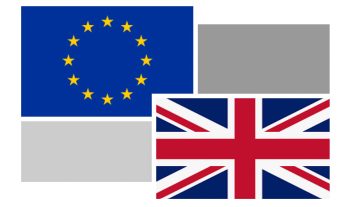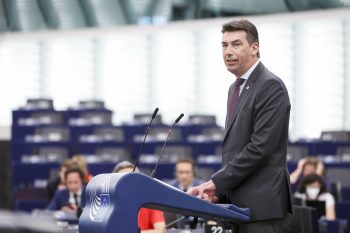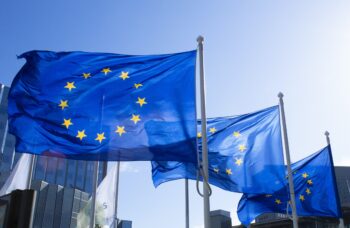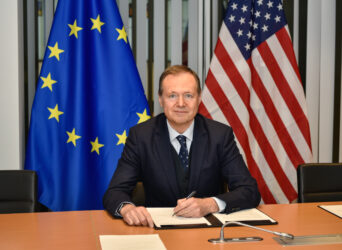AI regulation: A pro-innovation approach – EU vs UK
In this article, the writers compare the United Kingdom’s plans for implementing a pro-innovation approach to regulation (“UK Approach”) versus the European Union’s proposed Artificial Intelligence Act (the “EU AI Act”).
Authors: Sean Musch, AI & Partners and Michael Borrelli, AI & Partners
AI – The opportunity and the challengeAI currently delivers broad societal benefits, from medical advances to mitigating climate change. As an example, an AI...


















